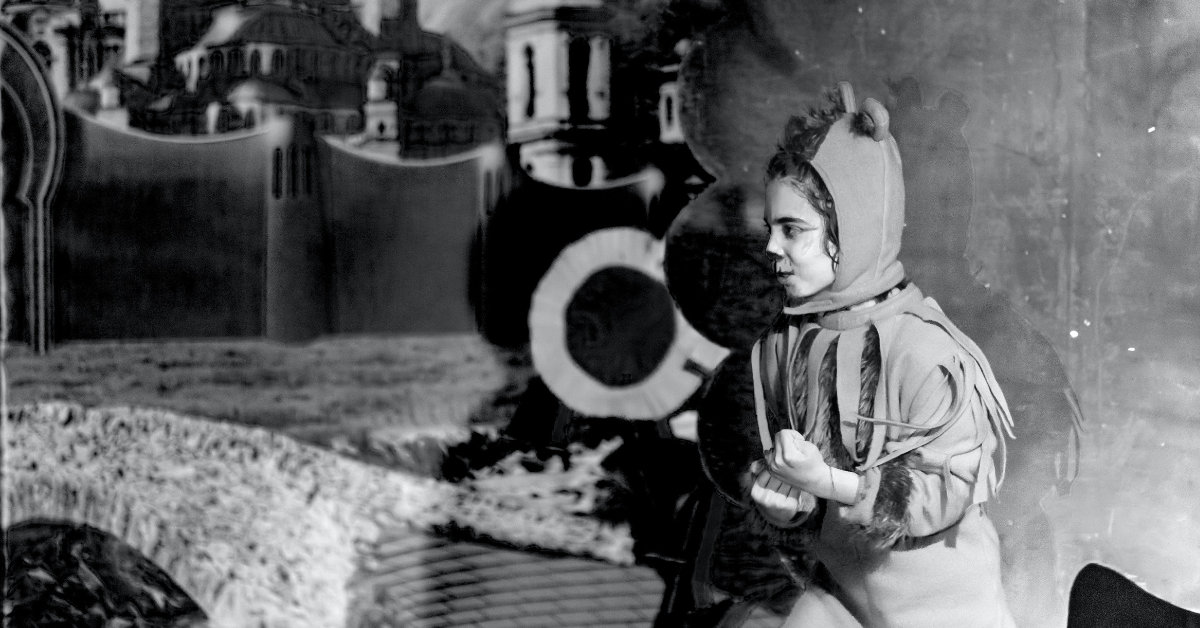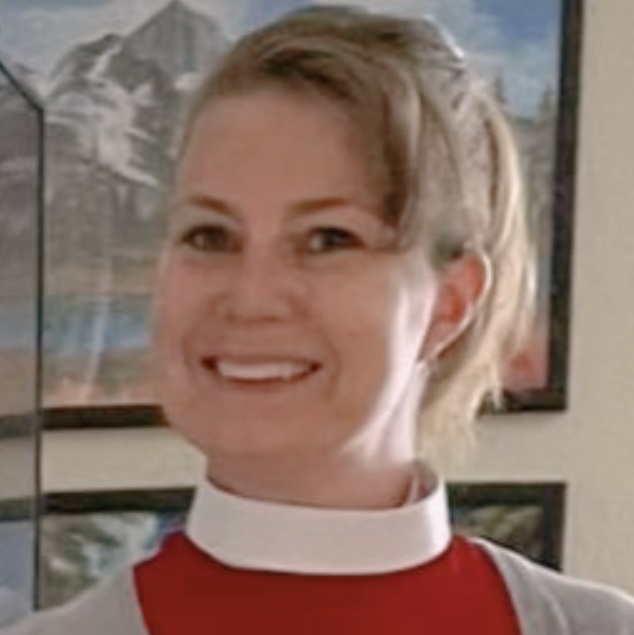It could be time to re-imagine a deeply held tradition in so many congregations. At minimum, Vacation Bible School is in need of a shift. How many of us have fought to continue the tradition because it was personally formative for us—yet we know it is not the same for this generation or possibly the next?
If VBS is still a thriving ministry where you are, that’s great. On the West Coast where I live and serve, VBS has had to transform into evening experiences or a weekend, but the reality of a weeklong program has been waning for some time. This year our congregation stepped out onto the ledge with me as we shifting our thinking about a week-, or weeks-long summer program sharing Christ’s love with children. We held a two-week Theater Camp, where at the end of the two weeks, 40 plus kids and youth produced a rendition of “Annie Kids” for their parents, family, and friends. The camp was at a minimal charge and included lunch and snacks, from 9am-3pm daily. As a leader, this was an experience I will never forget but something I have also learned a lot from. But that is not the point of what I want to share with you. The point, for me, is the questions we asked to get there, to re-imagining our tradition.
How might we all reimagine and re-identify how we serve the children and youth of our congregation and neighborhoods? What programming—that is otherwise missing—might we offer?
Our congregation learned to ask some of the most pivotal questions, which I truly believe are core to every congregation.
Where do our strengths lie as a congregation?
There had been a question in my congregation if we could offer the community a youth choir. As I started to dig into what our thoughts were on youth programming, it was clear we wanted to offer musical instruction because we had many members interested and willing to teach from these skill sets. It was also clear there was a deep desire to serve our community. The community around us is a subset of middle to upper class folks along with a large population of 1st generation immigrants.
I contacted one of the previous congregations I served because they have their finger on the pulse of the music and theatrical community. They shared with us that the local youth choir was taking a pause, so there was a need to help bridge the gap until the choirs could pick back up. Herein lies the birth of the theater camp. At the end of the day we came to understand that it wasn’t our role to invent something new, but rather to give life to a beloved activity on hiatus. We weren’t reinventing the wheel, but rather reimagining how we could help continue and grow something that was already started by others. That is where the Spirit came to truly play. We could offer up our congregation’s strengths of music and theatrical ability, along with their knowledge as well as their willingness to jump in with both feet into something new to them.
Are we willing to shift?
Someone said to me that doing a theater camp would make VBS “secular,” but I disagree. Did we do Bible study? No. Did we share Jesus? Yes. Over and over we shared love. We shared grace. We shared the understanding that whatever you bring to the table is more than enough. We created a community where those who were vulnerable felt safe enough to share hidden thoughts. In the end we shared God’s love. Sometimes we have to shift our focus from how much Scripture or biblical stories we share to how much organic love (the Good News embodied) we live out and share. How have we met people where they are?
How can we get folks involved?
How often do congregations default to having every ministry run by those we know will get the job done? It was a leap for some people to let go of the reins, so that others with the specific expertise would lead from their wheelhouse. The big step for those others was to become more deeply involved than they ever had been in children or youth ministries. Parishioners and community members alike changed their patterns. They could no longer afford to be on the sidelines, but needed to be fully incorporated into the body of Christ and the church.
Are we willing to re-evaluate “failure”?
The idea of “no failure” took me some time to wrap my head around. I have said so many times over decades in congregational leadership that “failure is okay”. Upon reflection the word “failure” isn’t so much what I meant. There is no failure. Sure, what we are striving for might not come to fruition. That doesn’t mean we failed. We have not failed as a congregation, nor as leaders. For every attempt we make to move the church forward, there are learning curves, times to witness firsthand how we need to grow and gain new understanding, and space to see how we might approach things in a new light. Failure would be if we didn’t learn anything.
How are we helping everyone feel they have a place?
In theater camp we were all learning—adults and youth alike—to find ways for every person to be involved and share their gifts. Acting, creating backdrops, helping guide the younger ones: there were so many outlets for leadership. The truth of the matter is, our eyes always need to be on those who are in our midst who may need extra attention, need to feel seen, need to be heard. So, for whatever camp or activity we might run we need to constantly be on the lookout for those who need that little extra help to feel included. To feel they belong. That also translates into our Sunday morning worship and faith formation time.
For our congregation, theater camp brought kids on campus and served families. For those involved, it produced momentum! We, as a community within and outside our walls, found a way to connect. How can we all continue to look at our contexts and ask: Who are we? and How can we serve? What is truly needed? How can we serve with the community around us? It is different for every context.
So, how will we move on? How will we shake up “what we know” into something that honors tradition while also breathing life into the communities we serve? As you grow and move into the scary but exciting unknown, I pray you will know the joy and grace given to all of us through the Spirit, who moves and breathes each day into our ministries and into our lives.
Oh, the Drama!
The questions that changed our VBS into theater camp

0 Comments


